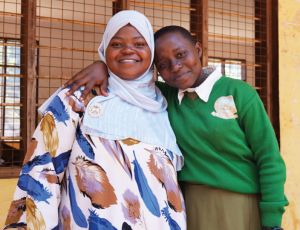
When she thrives, we all thrive
Together this giving season, we can make a difference that ripples outward to benefit everyone.
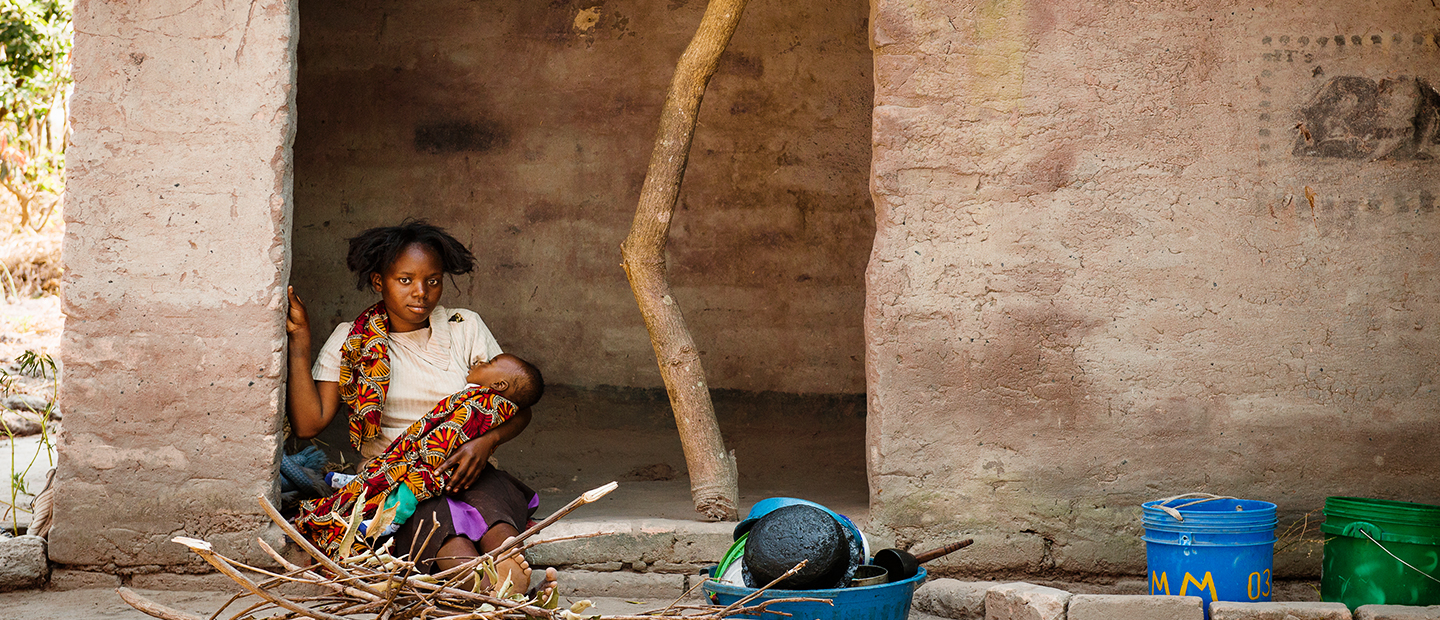

However, to the general public in many countries, child marriage remains a silent emergency. For every girl whose story is told, and whose voice is heard, there are millions waiting for the world to listen.
Child marriage looks different from country to country, and community to community. Therefore, the solutions and ways of addressing this issue must be nuanced and localised. This #GivingTuesday, three girls from rural Zambia, where CAMFED works, are bravely sharing their stories with you. By giving you the opportunity to better understand how girls who live in extreme poverty become child brides, Doreen, Mary and Gloria (whose names have been changed to protect their identity) hope to protect other girls from going through what they have been through.
“My mum died when I was seven. My dad was killed not long after. We are five in the family. I’m the first born. I was 13 when I got married. My husband was 30 years old. It was because of poverty. My grandmother arranged the marriage because she said she was too old to look after us. When I asked her about school, she said the same man who will marry you will take you to school. But when I got married, I stopped there and then. I could not continue to go to school because I was supposed to take care of my husband. I was hurt when I discovered I was pregnant, I was too young. I used to think that my life would change for the better when I got married, but even the dream that I had that I would take care of my young brothers and sisters turned out to be a myth. I’m just a child. I’m just the way you see me. And I wouldn’t like anyone who is 14 to go through what I have been through.”
Doreen, age 14
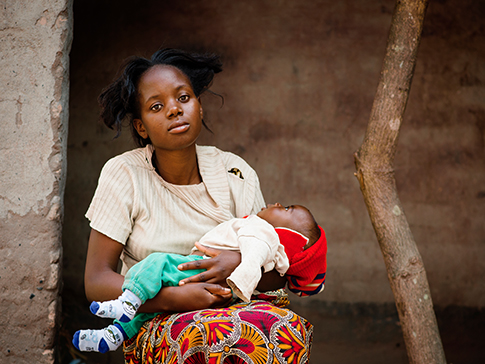
Doreen looks forward to returning to school with CAMFED’s support and becoming a teacher. She wants to contribute to the development of Zambia. (Photo: CAMFED / Eliza Powell)
“Both my parents are dead. I didn’t want to get married, I was very young. The reason I accepted to get married was because my elder sibling could not manage to look after the seven of us. I hoped life would improve, and that I would help to take care of my young siblings.
“I was five months pregnant when he left and never came back. Even after I had a child he is nowhere to be seen. I was not yet at the age of becoming a mother. If my mother was still alive, I would have been in school. She used to tell me to take care of kids who were in school and that next year I will also start school. If I were in school now, my life would have been different. I may have been employed as a teacher.”
Mary, age 15
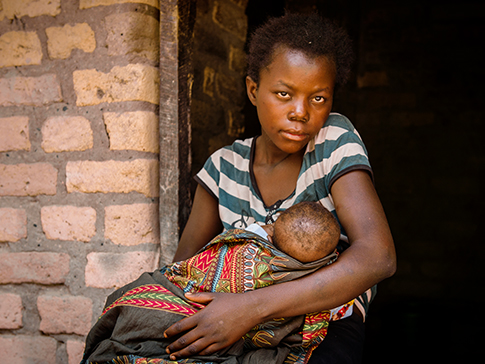
Mary looks forward to getting support from CAMFED and its CAMA alumnae to get the skills she needs to start a business and educate her son. Photo: (Eliza Powell/CAMFED)
“I am from a family of ten, I am the first born. My parents were into fishing. If they did not manage to catch fish we would sleep hungry. When my father passed away, we suffered even more. I was supposed to be in school at the time I got married. I was 12 years old when I got married to a 35-year-old man. They said that the man would take care of me, my siblings and my mother, due to the poverty levels. I cried because I was too young to get married. I did not want to, I did not understand the meaning of marriage, I was filled with fear. When I was staying with mom I was free to do what I wanted to do. Now in the house I was taken to I was not free. I was scared because he refused for me to do anything, and only he decided what should be done. When I was pregnant I felt so much pain because I was not ready to conceive at that age. I had no knowledge of how to deliver a baby. If my child could get an education, his life would be different from mine. When children are kept in school they get educated, and they will reap the benefits. I would like to tell others that when you get married at an early age, things are difficult and you lose all your rights and you suffer a lot.”
Gloria, age 17
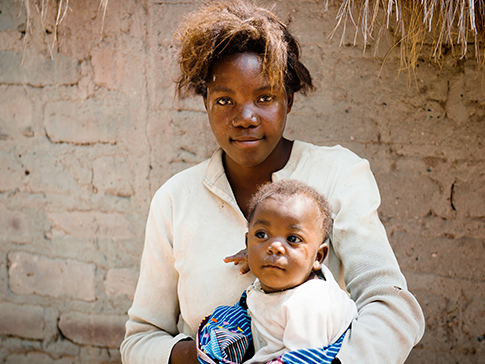
With support from CAMFED, and the encouragement of the young women in its CAMA alumnae network, Gloria is now returning to school and hopeful that she can achieve her goal of becoming a doctor. (Photo: CAMFED/Eliza Powell)
To help more girls stay in school and out of child marriage, please donate to CAMFED today.
Your gift is so much more than a single contribution: For each year a girl stays in secondary school, her future earnings can increase by as much as 25%. 1 She can gain financial independence, and be well on her way to lifting herself and her family out of poverty.
On #GivingTuesday, and until the 10th of January 2018, gifts from UK residents will be matched by the UK government. A donation of just £45 will be doubled to £90, and could provide 3 girls like Doreen, Mary and Gloria with school shoes and uniforms for a year.
1World Bank. See “Why Educating Girls Makes Economic Sense” (Global Partnership for Education)
Jeremy Blain £57.4
Geoffrey Acaye £47
Sara Mikael $106
Denae Whaley $20
David C Murray $3783
Trenay Hoye $10.9
Caroline Fenton £100
Victor Mesny $500
Niko Gomes $316
Katja Guenther $263
Ryan Gallagher $526
Catherine Packer $316
Caitlin Guthinger $526
Julia Colingsworth $14
Phuc Tran $350